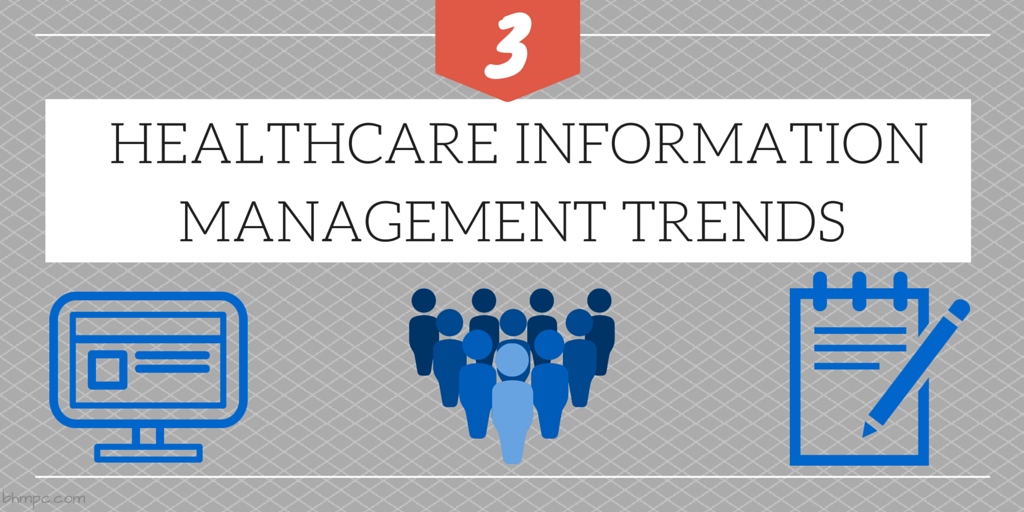Top (and Bottom) 10 States For Behavioral Health Staff Shortages
The greatest need for mental health professionals are found in the more populated east coast and remote northern states. Large populations and rural settings significantly impact behavioral health staff shortages. The Health Resources and Services Administration (HRSA) released the most current data. The table shows the 10 states with the worst behavioral health professions clinical coverage, the national average, and the 10 states with the best BH coverage.








